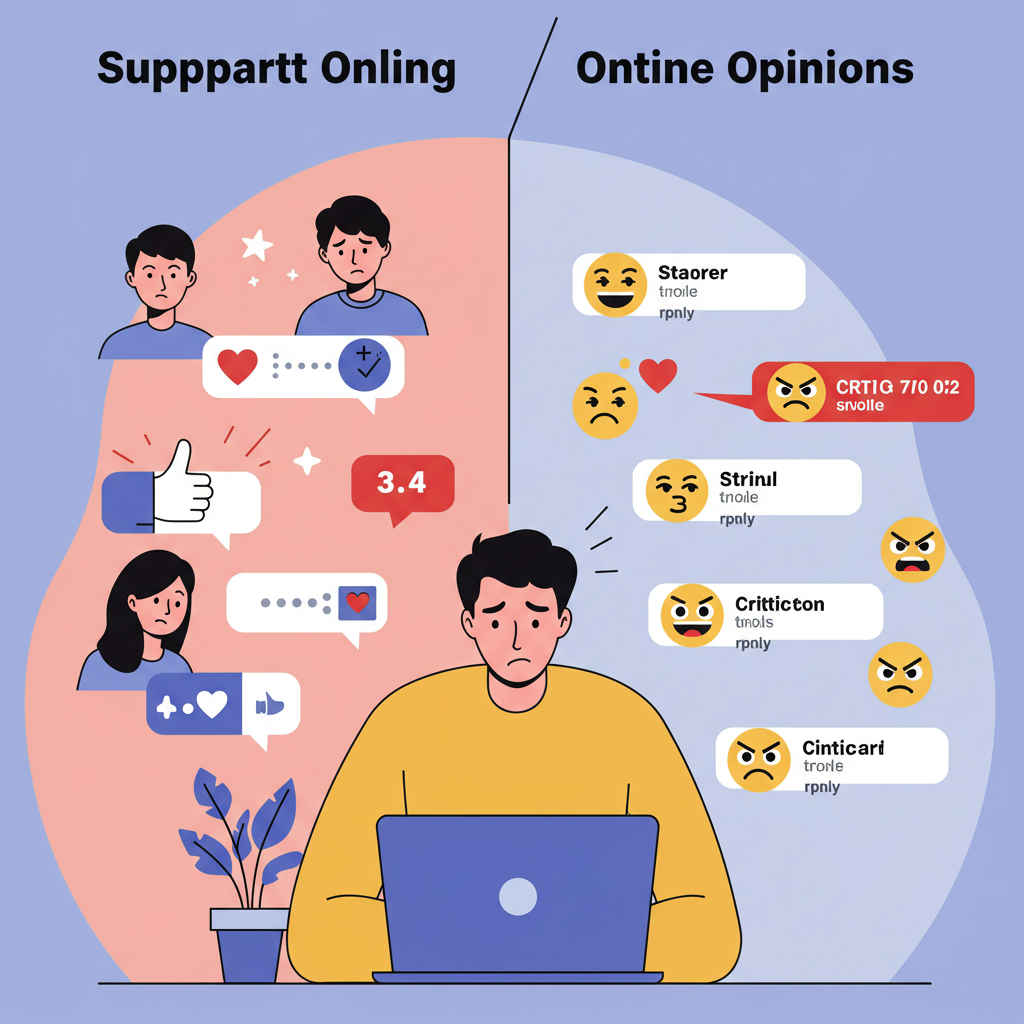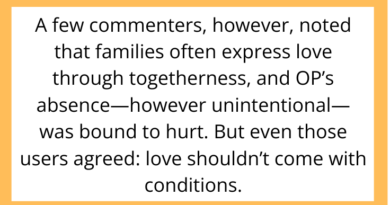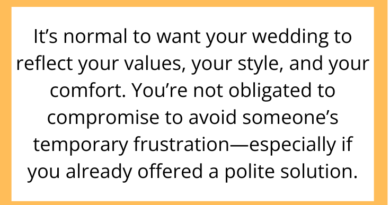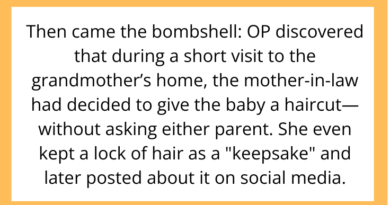AITAH for Refusing to Lend My Best Friend Money After He Lost His Job?
When friendships collide with financial hardship, things can get tense fast. Today’s AITAH story dives into a situation that’s left a lifelong friendship hanging by a thread: Are you heartless for protecting your own finances when someone you love is desperate?
Let’s look at the details and decide who, if anyone, is truly the villain.
The Situation: A Lifelong Friendship Meets a Money Request

The original poster—let’s call him Mark—is a 33-year-old software developer who has been best friends with Jake since high school. Over the years, they’ve been through everything together: breakups, career changes, and cross-country moves.
Three months ago, Jake was laid off from his marketing job. He’s been struggling to find a new position, and according to Mark, he’s burned through most of his savings. Last week, Jake called Mark in tears, saying he was behind on rent and needed help.
Jake asked to borrow $5,000 to cover rent and bills for the next two months while he got back on his feet.
Mark thought about it, then said no.
The Decision: Why Mark Refused to Help

Mark didn’t refuse out of spite. In his words:
“I’ve worked hard to pay off my debt and save for my first house. $5,000 is a lot of money to me. If I give it to Jake, I’ll have to dip into my down payment fund.”
Mark offered to help in other ways—editing Jake’s resume, introducing him to recruiters, even covering some groceries—but he drew the line at a cash loan.
Jake didn’t take it well. He accused Mark of valuing money over friendship and called him selfish and privileged. The two haven’t spoken since.
Feeling conflicted, Mark turned to Reddit: Am I the villain for refusing to lend my best friend money?
The Internet’s Take: Is Protecting Your Savings Selfish?

The AITAH community had plenty to say, and opinions were mixed.
Those Who Sided with Mark
Most commenters agreed that no one is obligated to lend money, even to a close friend. Many pointed out that loans between friends often end badly and ruin relationships forever.
One popular comment read:
“You’re not his emergency fund. You have every right to say no without guilt.”
Others noted that Jake should consider downsizing, applying for assistance, or finding gig work to cover immediate expenses instead of relying on friends.
Those Who Sympathized with Jake
Some Redditors argued that in a true friendship, you help however you can during crises. If the roles were reversed, they said, Jake would likely help Mark.
“You have the money,” one commenter wrote. “He’s been your friend for 15 years. If this isn’t the time to step up, when is?”
But even those who empathized with Jake stopped short of saying Mark was a villain. They acknowledged that lending such a large sum could create resentment or financial hardship on Mark’s end, too.
The Bigger Issue: Money, Power, and Expectations

At its core, this isn’t just about a loan. It’s about what friends owe each other and whether boundaries can coexist with loyalty.
Mark wasn’t saying Jake’s struggle didn’t matter. He was saying he couldn’t risk his own financial goals to solve it. For some, that boundary feels reasonable; for others, it feels like betrayal.
It also highlights how financial disparities between friends can create hidden tensions. When one person is stable and the other isn’t, every decision carries extra weight.
Alternatives Mark Could Have Considered

If you’re ever in a similar situation, here are options besides a flat “no” or an immediate loan:
-
Offer a smaller amount as a gift, not a loan.
-
Help set up a GoFundMe or crowdfunding campaign.
-
Connect your friend to community resources or temporary assistance programs.
-
Provide non-cash support, like meals or covering smaller bills.
-
Offer a short-term loan with clear repayment terms in writing.
But ultimately, no one is obligated to give money they aren’t comfortable parting with.
The Verdict: Sometimes, “No” is the Kindest Answer

In this AITAH scenario, the consensus leaned toward not the villain. Mark set a boundary to protect his future without belittling Jake’s struggle.
Friendship is about compassion—but it’s also about honesty. Agreeing to something you can’t afford (financially or emotionally) often leads to resentment and, ironically, the end of the friendship you were trying to save.


